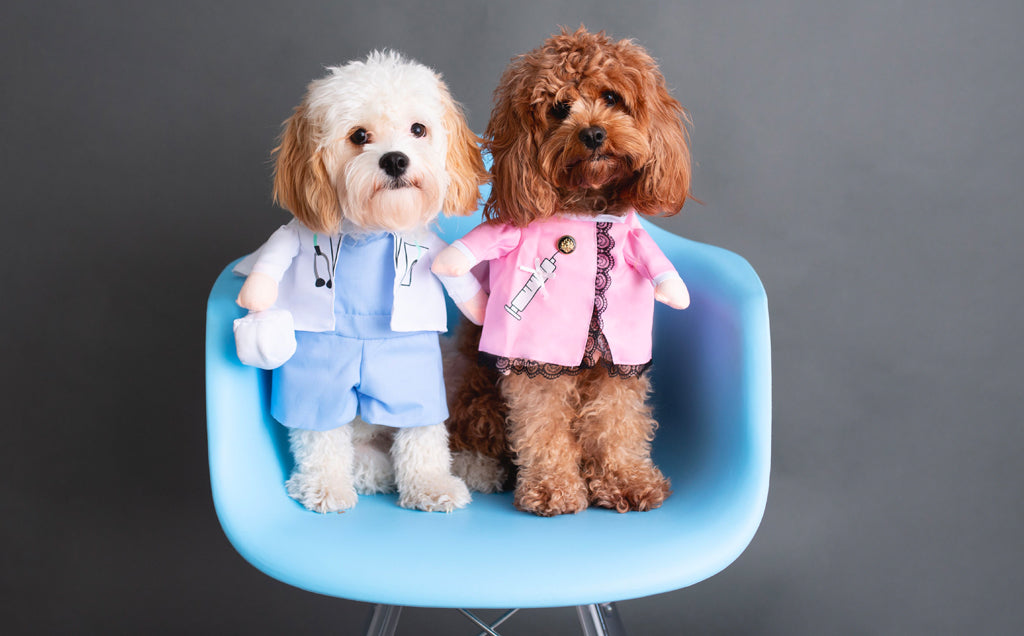Let's discuss why humanizing your dog (the way you’re doing it) isn't healthy. It's important to maintain a balanced perspective when it comes to what our dogs truly need.
The Temptation to Humanize
Many dog owners, understandably, develop deep emotional bonds with their pets. These bonds can lead to the temptation to humanize their dogs. This means treating them more like people than the animals they are. While this may seem harmless and even endearing, it can have negative consequences for both the owner and the dog.
Why Humanizing Isn't Healthy:
- Unrealistic Expectations: When we humanize our dogs, we may start expecting them to think and act like humans. Dogs have their own unique behaviors and instincts, which often differ greatly from ours. Setting unrealistic expectations can lead to frustration and disappointment for the owner.
- Miscommunication: Dogs communicate primarily through energy, body language, and instinctual behaviors. When we humanize them, we might misinterpret their signals, leading to misunderstandings and potential behavioral issues.
- Stress for the Dog: Dogs thrive on structure. Humanizing them can introduce unnecessary stress as they struggle to understand their role and boundaries in the family unit.
- Behavioral Problems: Treating a dog like a human can encourage undesirable behaviors. For example, allowing them to sit at the dinner table or sleep in your bed may lead to dominance issues, aggression, or separation anxiety.
- Health Concerns: Humanizing your dog can also affect their physical health. Feeding them human food, for instance, can lead to obesity and digestive problems.
Finding the Balance:
While it's important not to humanize your dog, it doesn't mean you can't form a deep and loving bond with them. Here are some tips to strike a healthy balance:
- Understand Dog Behavior: Learn about dog psychology and behavior. Understanding your dog's instincts and needs can help you provide appropriate care and training.
- Consistent Training: Establish clear boundaries and consistently reinforce them through training. Dogs thrive when they know their place in the family and what is expected of them.
- Exercise and Mental Stimulation: Dogs need physical exercise and mental stimulation. Create structure that includes playtime, walks, and puzzle toys to keep them happy and healthy.
- Respect Their Nature: Remember that dogs are not humans, and they have their own ways of communicating and experiencing the world. Respect their natural instincts and behaviors.
- Love and Affection: Express your love for your dog through proper care, attention, and affection. Dogs appreciate your attention and care more than they do human-like treatment.
Humanizing your dog may seem like a way to strengthen your bond, but it can lead to misunderstandings and behavioral problems. Instead, focus on understanding and meeting your dog's unique needs while respecting their nature. This approach will lead to a healthier and happier relationship between you and your furry friend.






